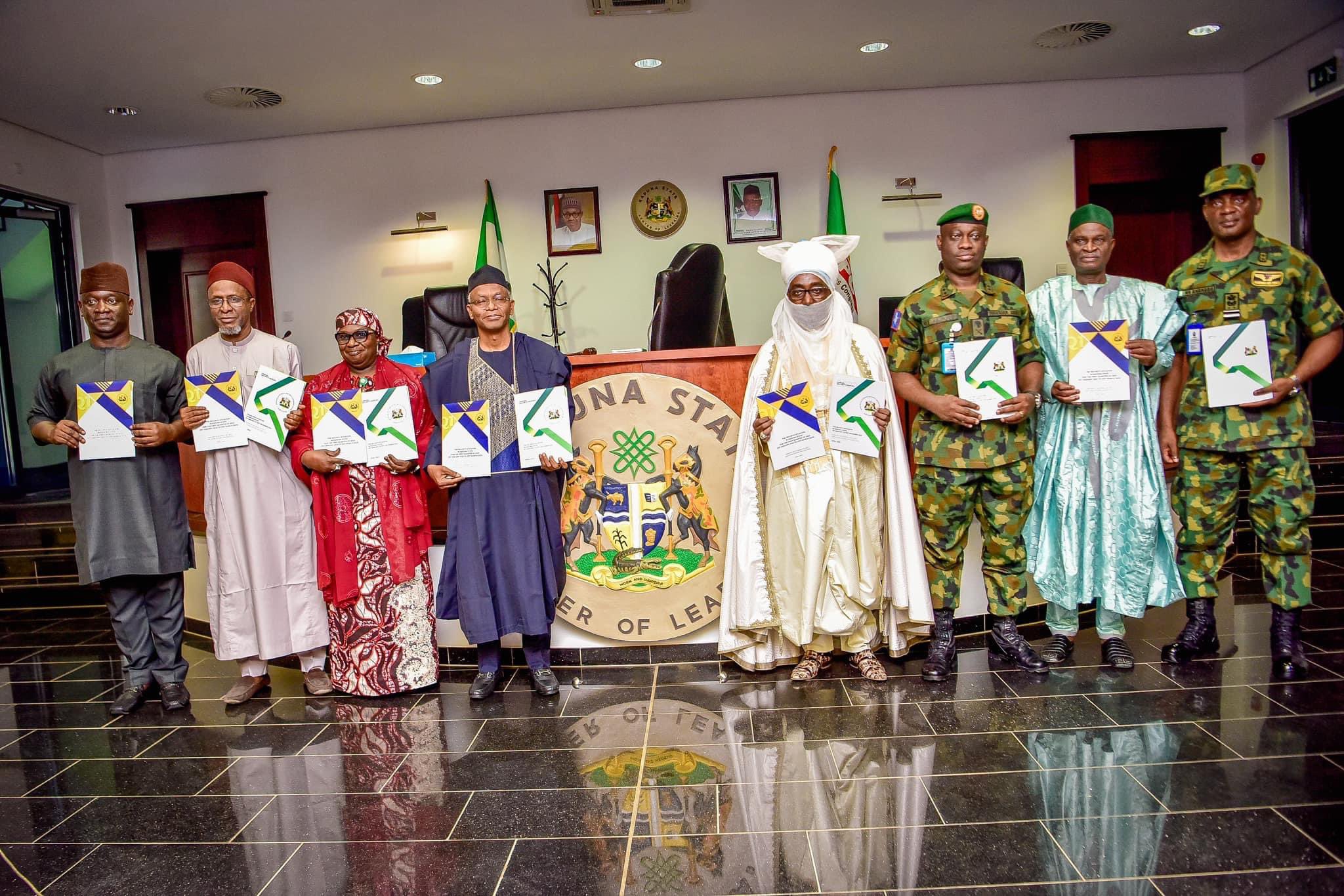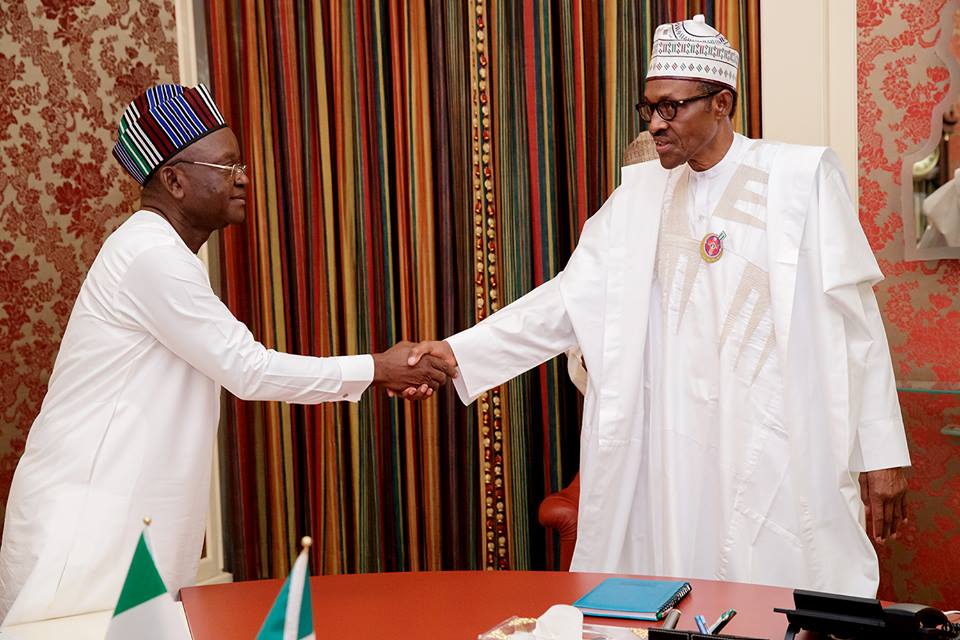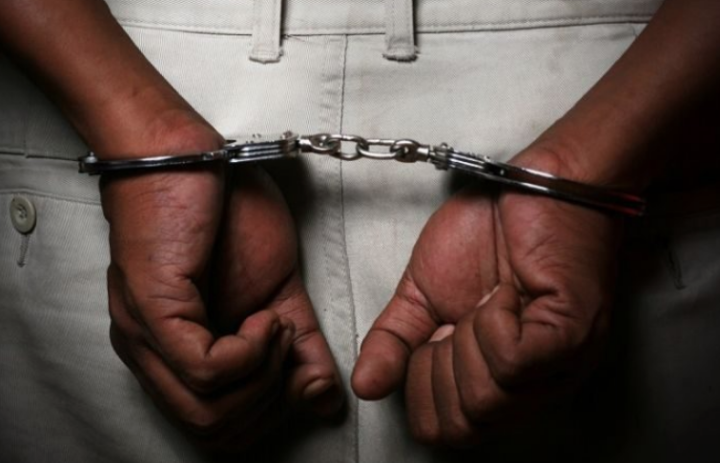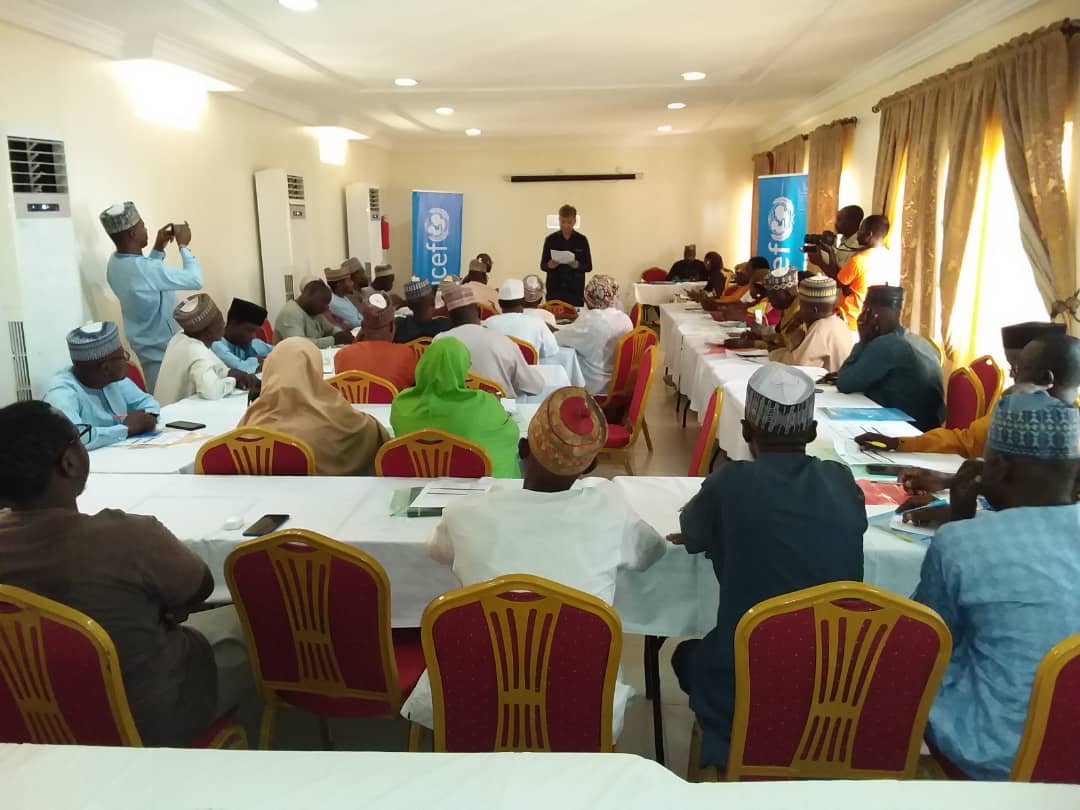The Kaduna state government says bandits killed 214 persons and abducted 746 others between January and March this year.
Samuel Aruwan, the commissioner for internal security and home affairs, reeled out the figures while presenting the 2023 first quarter security report to Nasir El-Rufai, Kaduna governor, on Wednesday.
According to Aruwan, Kaduna central senatorial district recorded the highest number of casualties with 115 deaths followed by the Kaduna south and Kaduna north senatorial districts with 61 and 38 deaths respectively.
“The report also indicated that of the 746 people kidnapped, Kaduna central senatorial district accounted for 492 victims followed by Kaduna south senatorial district with 221 while 33 people were abducted in Kaduna north senatorial district,” the commissioner said.
Advertisement
While receiving the report, El-Rufai said the state government did its best to prevent the sad incidents “through institutional measures and pragmatic actions”.
El-Rufai said the state government would continue to do everything within the powers of a state to ensure security.
He also urged security operatives in the state to continue intense operations for the remaining 39 days of his administration and beyond to ensure that “the change of baton at the federal level does not result in a dangerous lull that criminal outlaws can exploit”.
Advertisement
“These measures include persistent pressures on the federal government to launch comprehensive and sustained military operations against the terrorists and criminal elements that are menacing our people and their lives, liberty, and livelihoods,” the Kaduna governor said.
“There is every reason to intensify and sustain simultaneous ground and air kinetic actions across the seven frontline states of the Northwest region and Niger which have continuous and contiguous forest ranges and are most heavily impacted by this security challenge.
“We have invested considerable resources and energy in managing security to the extent that the Constitution of our nation permits a subnational.
“Our interventions since 2015 include supporting the federal security agencies deployed in our state with vehicles and other logistics, collaborating with other frontline states to fund military operations in the 2015-2016 period, and investments in security infrastructure and technology.
Advertisement
“The lessons learnt in the 2016-2019 period informed our decision to establish the first sub-national ministry of internal security and home affairs at the beginning of our second term in 2019.
“The mandate of the ministry is to manage the state government’s relationship with the federal security agencies deployed in the state and to coordinate their activities towards securing our people in an atmosphere of unprecedented challenges.”
Add a comment






